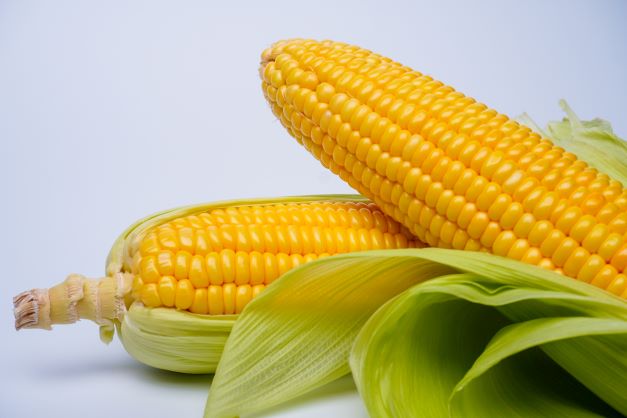Drought and changes in rainfall patterns due to climate change are putting food security in Mexico at risk.
While domestic corn consumption, a staple of the Mexican diet, increased by 41.29% between 2012 and 2022, national production only grew by 20.31% during the same period, while imports surged by 81%.
According to the Fifth Government Report, in 2012, Mexico produced 22.06 million tons of corn, a figure that rose to 26.55 million tons by 2022. Meanwhile, corn imports nearly doubled, going from 9.51 million tons to 17.22 million tons.
For 2023, the government has set a target of producing 27.9 million tons of corn. However, due to the scarcity of rain, this goal may not be met, according to the National Confederation of Corn Producers of Mexico (CNPAMM), which estimates a total harvest of 20 million tons, representing a deficit of nearly eight million tons.
To meet the demand for this cereal, it will be essential to continue importing from the United States, which contradicts the federal government’s decision to limit the entry of genetically modified corn.
In addition to tortilla production, corn is essential as animal feed for cattle, pigs, and chickens, so its rising cost also affects the price of meat, milk, and eggs.
The drought that has occurred over the past two years is pushing the country further away from the explicit goal of achieving food self-sufficiency, said Yolanda Massieu, a professor-researcher at UAM-Xochimilco.
Due to the lack of rainfall, “crop losses (of corn) are very likely occurring right now, and there were losses last year, which meant an increase in imports… environmental degradation due to climate change is catching up with us,” she emphasized.
In response to the emergency, she believes that in addition to efforts to increase hydraulic infrastructure in the country, it is necessary to restore water sources through forest conservation and reforestation.
Juan Pablo Rojas Pérez, President of the CNPAMM’s Steering Committee, believes that the government’s decree to prohibit genetically modified corn for human consumption jeopardizes the food supply of the poorest.
On National Corn Day, Mexico, the origin and diversity center for corn, faces an uncertain future regarding food security, given the trade dispute with the United States under the USMCA, the ban on the import of transgenic varieties to our country, the veto on the herbicide glyphosate, and the sharp decline in national production in 2022, by nearly one million tons (950,238 tons).
Luis Eduardo González Cepeda, President of the Mexican Union of Agrochemical Manufacturers and Formulators, highlighted that in the first half of the year, yellow corn imports amounted to $3.599 billion, which is $337 million more than in 2022.
Therefore, he called for a united front between authorities at all levels of government, agro-industrialists, producers, and other sector stakeholders to address the challenges affecting the food supply of Mexicans.
TYT Newsroom



